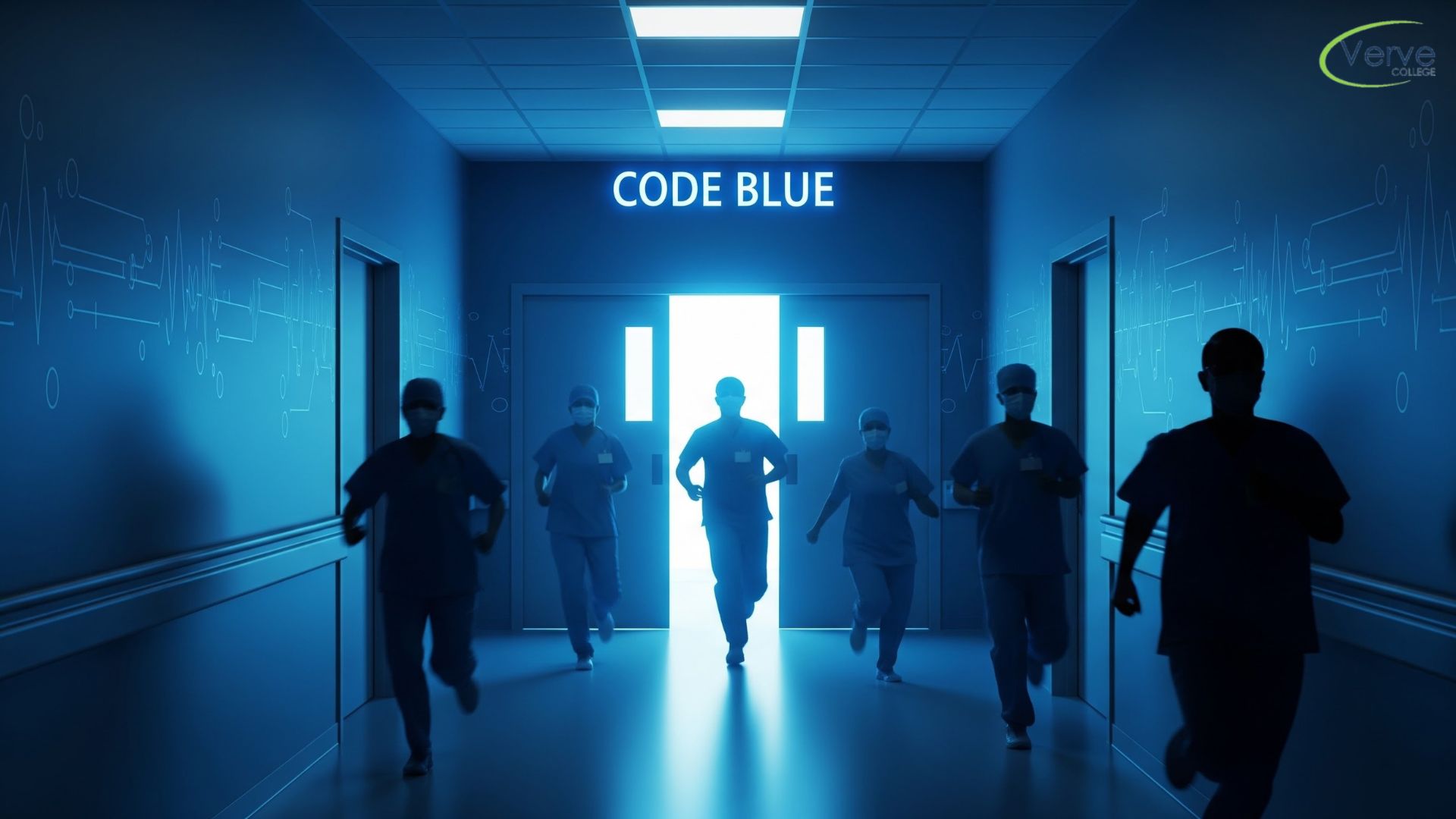- Oak Brook:(630) 705-9999
- Chicago:(312) 920-8822
- Email:inquiry@vervecollege.edu
- Make a Payment
- Home
- Programs
- Admission
- Resources
- ATI Entrance Exam Resources
- New E-Digital Library
- Refer a Friend
- School Newsletter
- Events
- Employers
- Job-Network
- Alpha Beta Kappa Candidates
- Verve College Library
- Graduation and Pinning Ceremony Photo Galleries
- Textbook Information
- Career Services
- Tutoring
- School Catalog
- FAQ
- Constitution Day Program
- Alumni
- Verve College Plans
- Financial Aid
- HEERF Reporting
- Satisfactory Academic Progress
- Apply For Financial Aid
- Net Price Calculator
- Return of Title IV Funds (R2T4)
- Financial Aid Office Code of Conduct
- Contact
- FAQs
- Verification Policy
- Vaccination Policy
- Student Right-to-Know Act
- Misrepresentation
- Information Security Program
- Academic Award Year
- Availability of Employee
- Cost of Attendance
- Health & Safety Exemption Requirement
- Students Rights and Responsibilities
- Leave of Absence
- Pell Formula
- Military Students
- Grants/ Scholarship Policy
- Contact Us
- Testimonials
- Blog
Is a Nursing Career Right For You?
Take The Free Quiz
Implementing the Nursing Process: What to Expect in Your Nursing Program
Implementing the Nursing Process: What to Expect in Your Nursing Program
The nursing process provides a fundamental system that aids nurses to provide superior patient care. If you are taking part within practicum nursing courses, hybrid LPN programs near me in my area or even pursuing nursing degrees in Illinois knowing this process is vital. From assessing the needs of patients to evaluating results The nursing process offers a systematic approach to providing care that allows nurses to provide effective and compassionate assistance. Here’s a summary of what nursing is all about and what you’ll be able to learn during your nursing training.
1. Understanding the Nursing Process Framework
A nursing procedure is a structured approach that is patient-centered and consists of five essential phases that include assessment, diagnosis, planning implementation, evaluation, and monitoring. This process helps nurses are able to approach patient care in a systematic manner and adjust their approach as required in response to the changing requirements. For nursing students this approach isn’t only a notion but a fundamental knowledge set that is utilized in the clinical setting.
Every procedure is designed to provide the safety of patients and aids nurses in documenting their care and communicating effectively with other health professionals. No matter if you’re part of either a traditional or hybrid programme in which you learn to implement the nursing process, it prepares nurses to be able to function effectively across a range of healthcare environments.
2. Assess: Gathering Essential Information
Assessment is the very first and most important step in a nursing procedure. In this stage nurses collect detailed information regarding a patient’s physical, social, and emotional health. This includes reviewing the medical history and conducting physical examinations and taking vital indicators. Nursing programs will instruct you how to conduct tests with accuracy, which is vital to identify the needs of patients.
In both the practical as well as blended LPN courses around my home students are taught how to interpret the information they receive and spot subtle changes in the status of patients. This understanding is the base for the rest of the nursing process, since precise assessment is the basis for precise diagnosis and treatment.
3. Diagnosis: Recognizing Health Issues
After collecting information after which nurses review it to identify the patient’s most significant health concerns, also called”a nursing diagnosis. In contrast to medical diagnoses that are used to diagnose illnesses, nursing diagnoses concentrate on the way a patient reacts to medical conditions and other life situations. Learn to make diagnoses for nurses that are centered on the patient and compatible in accordance with the Nursing Diagnosis Classification system.
Students seeking nurses’ degrees within Illinois the phase is crucial, since it demonstrates the importance of clinical judgment and critical thinking in nursing. Diagnoses help nurses understand the needs of patients on a more profound level, thereby improving the quality of their care.
4. Planning: Making an Tailored Care Plan
The process of planning involves setting realistic goals and forming a care program that is tailored to the specific needs of the patient. Nursing programs instruct students on how to formulate SMART goals (Specific achievable, Measurable and Time-bound) that will guide the care of patients. Students who are in clinical training in the practical nursing program frequently collaborate with their mentors to develop effective care plans that take into account real-world and achievable patient outcomes.
Planning is a must to prepare nurses to plan their approach to patient care and assign tasks based on the individual patient’s needs.
5. Implementation The Plan is put into practice
Implementation in the nursing process is when the plan of care is implemented. This includes administering medications as well as providing wound treatment as well as educating the patient and logging every action that is taken. For those who participate in hybrid LPN programs close to me this gives you the chance to get practical experience and apply the information directly to the patient’s treatment.
Students will also be taught about teamwork and collaboration in this stage, since implementation usually requires coordination with other health professionals. A successful implementation will ensure that every procedure is in line with the needs of the patient and enhances their overall health.
6. Evaluation: Revision and Adjustment of the Plan
In the process of evaluation nurses evaluate whether the plan of care has met the desired outcomes for patients. This step is vital since it assists nurses determine what is working and what could be improved. Students in nursing learn to keep track of progress and adjust essential for being able to adapt to changes in the patient’s condition.
Evaluation also emphasizes the continual nature of nursing. Following every intervention, nurses review and make the necessary adjustments to ensure that the treatment is adapted to the patient’s needs.
The preparation to be ready for Nursing Process in Education
Implementing the nursing process requires critical thinking, attention to detail, and adaptability–qualities that practical nursing programs aim to instill. For students from Illinois who are pursuing a nursing degree they will be focusing on practical training in which they are able to use every aspect of the nursing procedure in both real and simulated environments. Hybrid programs are flexible and offer both online learning as well as on-site clinicals to improve the abilities.
Want to Be a Nurse? Connect With Us for Enrollment Information!
Conclusion
A nursing procedure is a crucial system that defines how nurses evaluate their plans, assess, and give the patient’s care. When they master each step in practicum nursing courses and the nursing degree in Illinois students in nursing create a strong foundation for efficient, compassionate treatment. If you’re enrolled in a traditional school or in a mixed LPN program, you can expect to fully engage with the nursing process. This is a crucial skill set that can aid your progress and advancement in the field of nursing.
 Sign up
Sign up Login
Login




